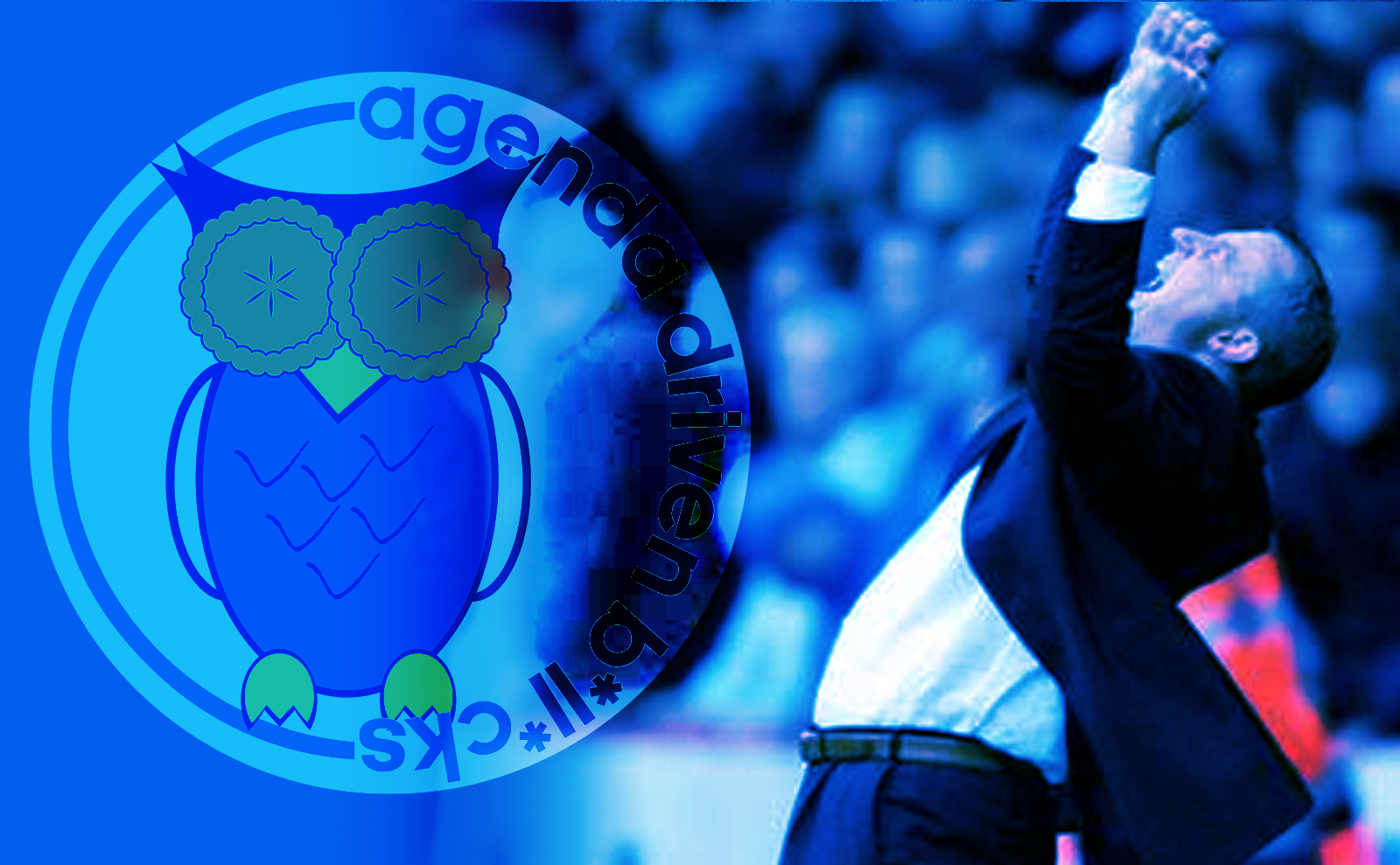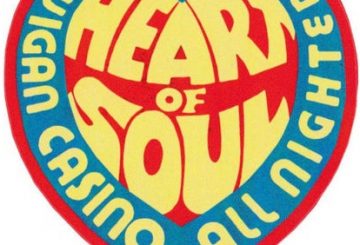A couple of years ago, Wigan Athletic were suffering from the pain of relegation from the Premier League. Six players from the senior squad had already found other clubs after being freed from their contracts. Speculation was mounting about the futures of others whose contracts had run down and when the big clubs would come in and snatch prized assets still remaining.
Owen Coyle had been appointed manager just ten days before with the brief of getting Latics back into the Premier League. Given the prospect of more players leaving, plus the necessity for a large squad because of Europa league involvement, Coyle clearly had a lot of recruiting to do. However, he was to resist going for big money transfers, instead relying on picking up players at the ends of their contracts or those available at discount prices.
On June 27th he made his first signing, Chris McCann from Burnley. The next day he picked up Stephen Crainey from Blackpool, then three days later Thomas Rogne from Celtic. All were on free transfers. During the month of July he was to pick up two more free transfers in Marc-Antoine Fortune and Juan Carlos Garcia, paying transfer fees for Scott Carson, Grant Holt and James Perch. With the new season approaching he paid transfer fees for Leon Barnett and James McClean. However, the total transfer fees paid by Coyle were modest compared with the incoming funds from the sales of James McCarthy and Arouna Kone.
By the start of the season Coyle had signed ten players, five on free transfers and five more for relatively modest transfer fees. In early September he was to sign Nick Powell and Ryan Shotton on loan.
Gary Caldwell too is currently facing a challenge putting together a squad that can challenge for promotion, albeit from League 1. Following a similar timeline to that of Coyle in his early days, he has signed three players, all on free transfers. He has also been linked to signing players whose contracts have terminated, but whose clubs will be due some compensation as a consequence of their youth. John McGinn (20) of St Mirren and Max Power (21) of Tranmere Rovers , despite their youth, are experienced midfield players. They could prove to be valuable long term acquisitions, should Caldwell manage to acquire their services.
Caldwell has already managed to bring in probably around £2m in transfer fees through the outgoings of Scott Carson, Rob Kiernan and James McClean. He will gain more in his coffers as soon as James Perch is sold off. Reports suggest that he made bids for Sam Clucas of Chesterfield, but the competition from other clubs has driven the player’s value up beyond that Latics should pay. For the moment he will concentrate on finding clubs for the highest wage earners, meanwhile scouring the market for young, up-and-coming talent. The likelihood is that he will be stuck with a significant number of players that he would have liked to move on, simply because no other club is willing to offer them the kinds of deals they seek.
Coyle has been criticized for his signings, particularly those of Holt and Fortune, who were both 32 at the time. Although he did not pay a huge transfer fee for Holt, offering him a three year contact became an issue. On the other hand, it was remarkable that given the limited time he had available, he put together a squad good enough to challenge for promotion.
Coyle’s problem was always going to be one of melding together two disparate groups, the ex-Martinez players from the Premier League, together with his mish-mash of ex-top flight players and proven players from lower divisions. But more than anything else with Coyle it was the lack of a defined style of play that crippled his teams. Too often the long ball would prevail, anathema to the Martinez disciples. It was to prove his undoing.
Caldwell has already clearly enunciated the style of play he expects. Players may be coming in from other clubs where the long ball has been the norm, but they will be required to play in the style the manager requires. Clubs have already shown that they can get out of League 1 playing good football, even if the majority rely on more traditional methods.
Up to this point one could say that Latics’ signings so far have been somewhat underwhelming, but these are early days. Like Coyle, Caldwell will pay fees for potentially key players, providing he can stay within his budget.
Not only does Caldwell face a challenge in signing a sufficient number of the “right kinds” of players, but he faces a bigger challenge in helping them gel into a functional unit. The training camps over the next month or so are likely to see a changing spectrum of different faces as players come and go. With so many players to move on, and so many to bring in, it is unlikely that the camps will be able to provide the “gelling” that they are primarily aimed to produce. Caldwell will have to deal with players who want to move on, but cannot, and their effect on morale. Not an easy prospect.
Given the sheer number of players that Caldwell is going to need to bring in and his budgetary constraints it is likely that more free transfer men will be brought in. However, one recalls the fine form of Chris McCann until he fractured his kneecap in the FA Cup win at the Etihad. Good players sometimes let their contracts run down in the hope of finding something more lucrative, as did Antolin Alcaraz, Franco Di Santo and Maynor Figueroa a couple of years ago.
It appears that Max Power is now on the verge of signing and Oriol Riera is staying with Deportivo. Press reports from Spain about the Riera transfer saga have been plentiful, but the figure for the fee has varied according to the source. The bottom line is that Latics will take a significant loss in terms of transfer fee originally paid and that to be gained in the coming days. Significantly Andy Delort did not show up for training, suggesting he is heading for new pastures, once again at a major financial deficit.
As July approaches the transfer activity is going to hot up. The sooner he can get all his squad in place, the better it will be for Caldwell. Players coming from other clubs will have to adapt to the style of football the Scot will dictate and the process will take time, as will the process of gelling as a team.
The advantage is that this time around the players will know what is expected of them, as they fit into a well-defined style of play.
One can only reflect on where Latics would be now if that had happened just a couple of years earlier.
Thanks to JJ of http://threeamigoswigan.com/ for this post.
SUBSCRIBE TO THE PIE AT NIGHT PODCAST
We promise you that it’s easier to subscribe to the podcast so you don’t have to rely on us to remind you when a new episode comes out.
Apple sorts can find it on iTunes here – https://itunes.apple.com/gb/podcast/the-pie-at-night-podcast/id1097853442?mt=2
If you prefer a different podcast app then just search for “The Pie at Night Podcast”.
You can also find us on Stitcher, here – http://www.stitcher.com/podcast/the-pie-at-night-pocast/the-pie-at-night-podcast
If you’re that way out, you can find and subscribe to our RSS feed here – http://feeds.feedburner.com/thepieatnight
And if you just want to take pot luck then you can find all our episodes on our Soundcloud page


